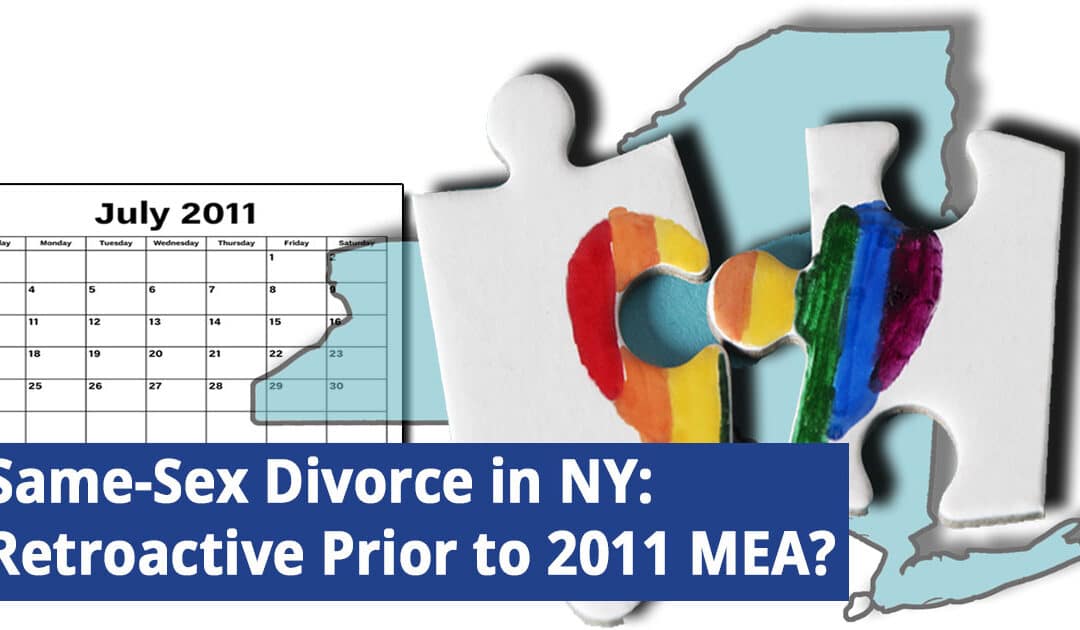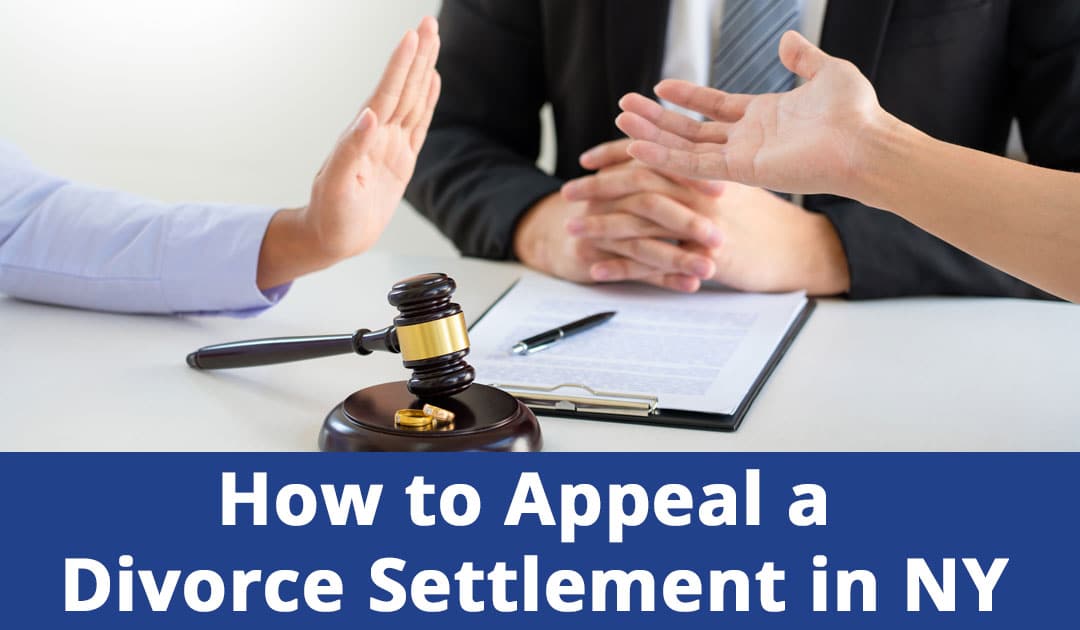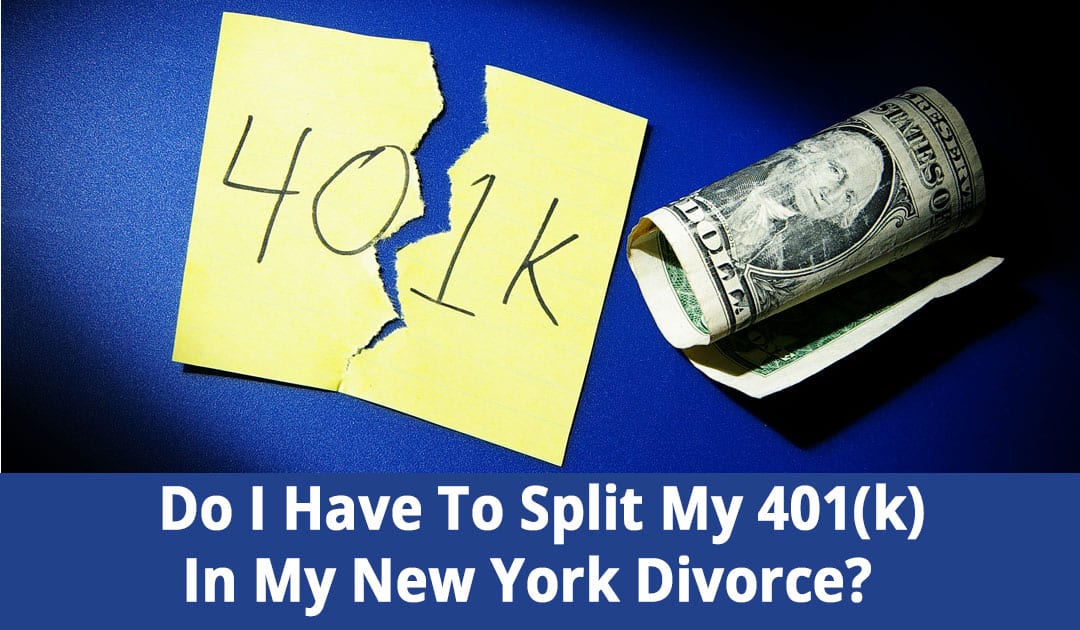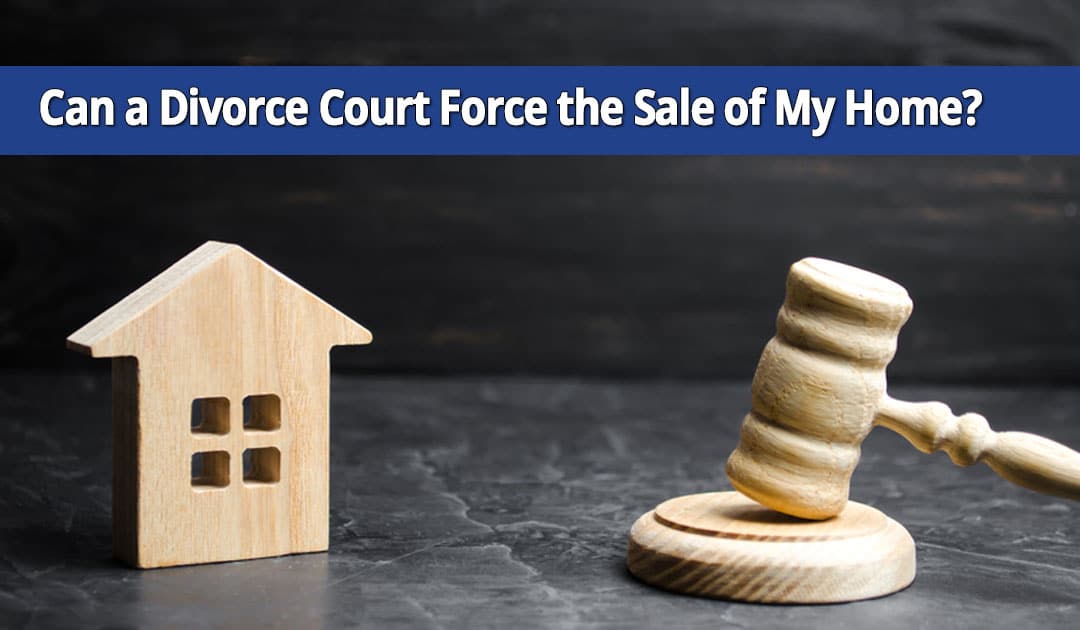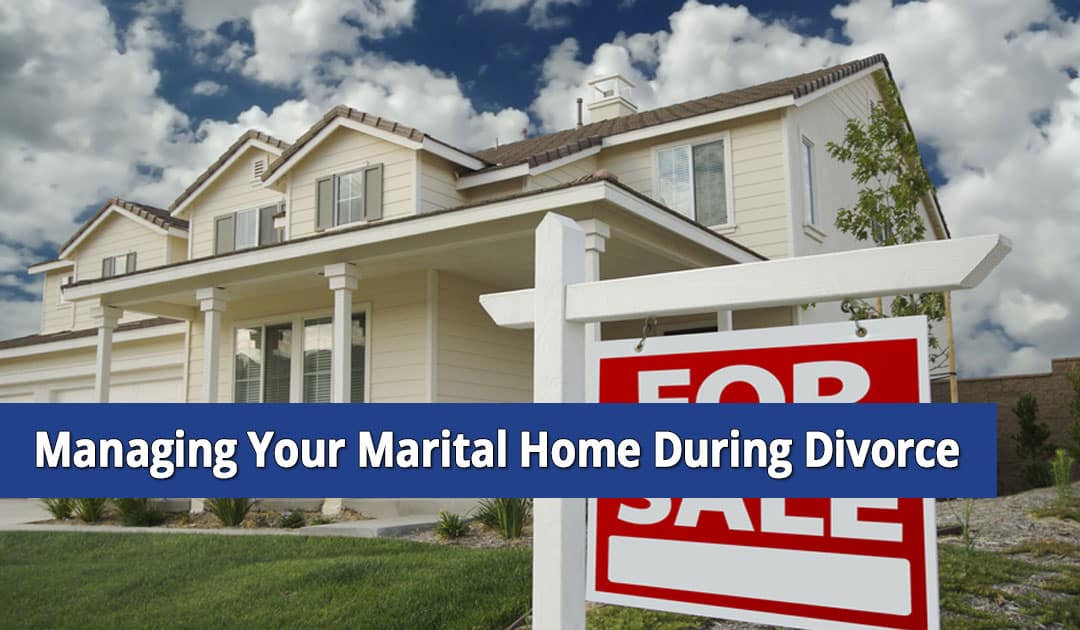
Who Loses the Most in a Long Island, NY Divorce?
Who Loses the Most in a Long Island, NY Divorce?
Regardless of whether you initiated your divorce or you are the one on the receiving end of this decision, a Long Island, NY divorce is sure to bring up numerous emotions, feelings, and concerns for you and your family. Whether you are going through an uncontested divorce or, especially in a contested divorce, proceedings may get heated – and you might feel angry, frustrated, and confused as well as hurt and sad. These are all normal reactions during the course of such an emotional experience as a divorce.
Emotional losses and financial losses are both major concerns as you navigate your divorce, so if you are considering ending your marriage, you will want to evaluate potential losses, consider how to best protect yourself, and ensure that you are set up to get back on your feet and on with your life again as soon as possible.
Coping With Financial Losses During a Long Island, NY Divorce
If you are like most people going through or about to go through a divorce on Long Island, NY, you will search Google, asking questions about divorce. You may stumble across statistics claiming that divorces are more impactful on men than women – or vice versa. For instance, research shows that men typically suffer a larger decline in their standard of living, with a drop between 10% and 40%. This can be linked to responsibilities regarding alimony and child support as well as new housing obligations.
On the flip side, women who do not have paid employment during the marriage can be suddenly faced with a challenging job search as they reevaluate their role in supporting their family. And even women who do have a job during a marriage tend to see their income drop by 20% after a divorce.
Ultimately, divorce can be financially taxing for both spouses, so it’s important to protect yourself and your assets throughout the process. Equitable distribution laws in New York aim to fairly divide marital property (including the contents of shared bank accounts, property, and more) – and it’s important to remember that marital misconduct or fault is typically not considered when property is divided up. Instead, courts in New York look at your family’s financial situation holistically.
If you suspect that your ex is trying to hide assets or income, it’s important to get a trusted divorce lawyer involved as soon as possible. You are entitled to a certain level of spousal support if your partner is the higher-earning spouse, so it’s crucial that the financial disclosure is accurate and complete.
How to Handle Emotional Losses in Your Long Island, NY Divorce
Oftentimes, the emotional fallout of your divorce is just as, or more, damaging as the financial fallout. As you navigate a divorce in New York, it’s crucial to look out for yourself and ensure that you are caring for your mental and emotional wellbeing. Both partners will suffer emotionally from the hurt and anger often associated with divorce.
Here are a few of our tips for dealing with the emotional impact of getting divorced on Long Island, NY:
- Talk to friends you can trust – but don’t share too much with mutual friends.
- Take time for self-care.
- Surround yourself with family who will support you.
- Talk to a therapist.
- Stay busy – reconnect with old hobbies or try a new one.
Safeguarding your emotional wellbeing is an important piece of successfully navigating your divorce and making sure that your losses are under control. It can be key to moving on with your life post-divorce.
Protecting Your Family Through a New York Divorce
Unfortunately, children in a divorce often end up losing the most when it comes to their emotional and mental wellbeing. As you navigate your divorce, it is important to ensure that your children are getting the support that they need from both parents as well as from other adults and potentially a family therapist. Communicating clearly with your children is key.
While sharing custody with your ex and potentially seeing less of your children can be a challenging piece of divorce, it’s crucial to look out for the best interests of your offspring. If you need assistance securing an agreeable child custody arrangement, it’s time to call in a divorce lawyer who can help you advocate for you and your children.
Choose Hornberger Verbitsky, P.C. for Trusted Legal Advice for Your Long Island Divorce
As you navigate divorce on Long Island, NY finding the right divorce attorney is key to achieving a successful outcome for you and your family. When it comes to divorce, our team of experienced family law attorneys has seen it all and resolved thousands of divorces for people just like you.
Contact us to learn more about your legal options or book a free initial consultation to discuss your case in detail. Call now at 631-923-1910 or complete our short contact form and we’ll get in touch with you.
GET YOUR FREE CONSULTATION TODAY Call 631-923-1910 or fill in the form below
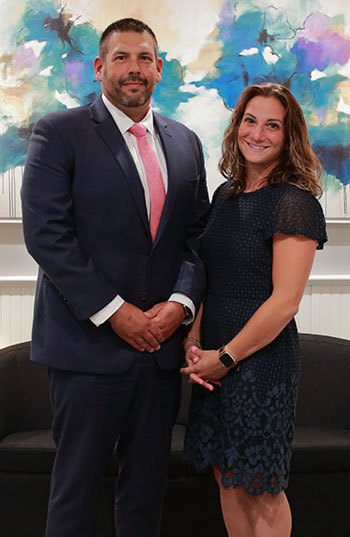
Horberger Verbitsky, P.C. partners Robert E. Hornberger, Esq. and Christine M. Verbitsky, Esq.
Get your complimentary consultation and case evaluation with our experienced attorneys today. Your attorney will describe the many options available and determine together which is the right solution for you. By the end of this conversation, we’ll all understand how we can best help you to move forward.
No Cost or Obligation
There is no cost or obligation for this initial consultation. It is simply an opportunity for us to get to know each other, answer your questions and learn if Hornberger Verbitsky, P.C. is right the right law firm for you. Give us a call at 631-923-1910 or fill in the short form below for your free consultation and case evaluation. All Fields Are Required
About the Author
Robert E. Hornberger, Esq., Founding Partner, Hornberger Verbitsky, P.C.
- Over 20 years practicing matrimonial law
- Over 1,000 cases successfully resolved
- Founder and Partner of Hornberger Verbitsky, P.C.
- Experienced and compassionate Long Island Divorce Attorney, Family Law Attorney, and Divorce Mediator
- Licensed to practice law in the State of New York
- New York State Bar Association member
- Nassau County Bar Association member
- Suffolk County Bar Association member
- “Super Lawyer” Metro Rising Star
- Nominated Best of Long Island Divorce Attorney four consecutive years
- Alternative Dispute Resolution Committee Contributor
- Collaborative Law Association of New York – Former Director
- Martindale Hubbell Distinguished Designation
- America’s Most Honored Professionals – Top 5%
- Lead Counsel Rated – Divorce Law
- American Institute of Family Law Attorneys 10 Best
- International Academy of Collaborative Professionals
- Graduate of Hofstra University School of Law
- Double Bachelor’s degrees in Philosophy, Politics & Law and History from SUNY Binghamton University















 Get your complimentary consultation and case evaluation with our experienced attorneys today. Your attorney will describe the many options available and determine together which is the right solution for you. By the end of this conversation, we’ll all understand how we can best help you to move forward.
Get your complimentary consultation and case evaluation with our experienced attorneys today. Your attorney will describe the many options available and determine together which is the right solution for you. By the end of this conversation, we’ll all understand how we can best help you to move forward.